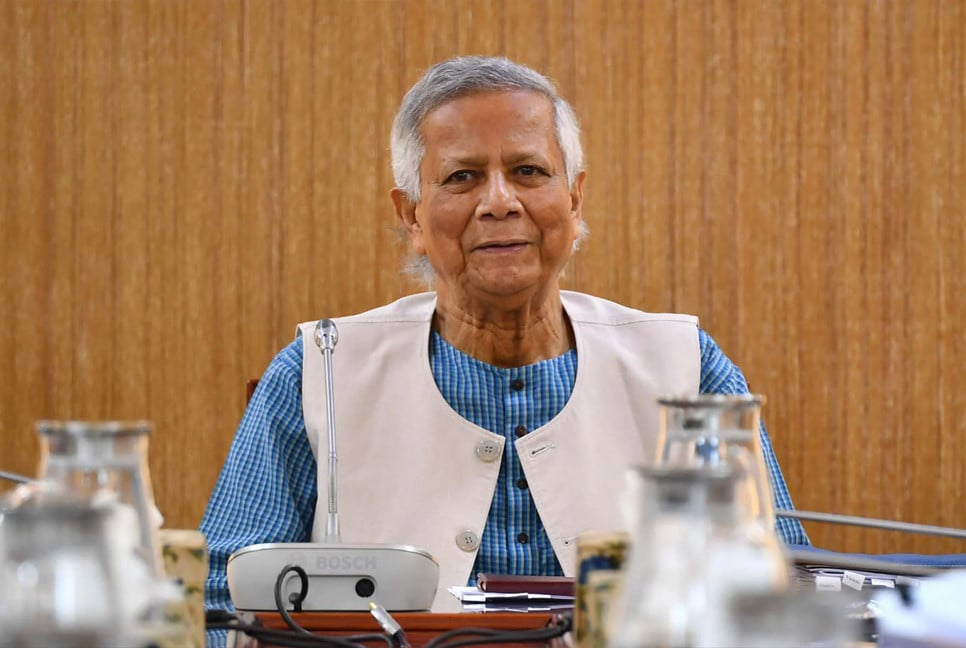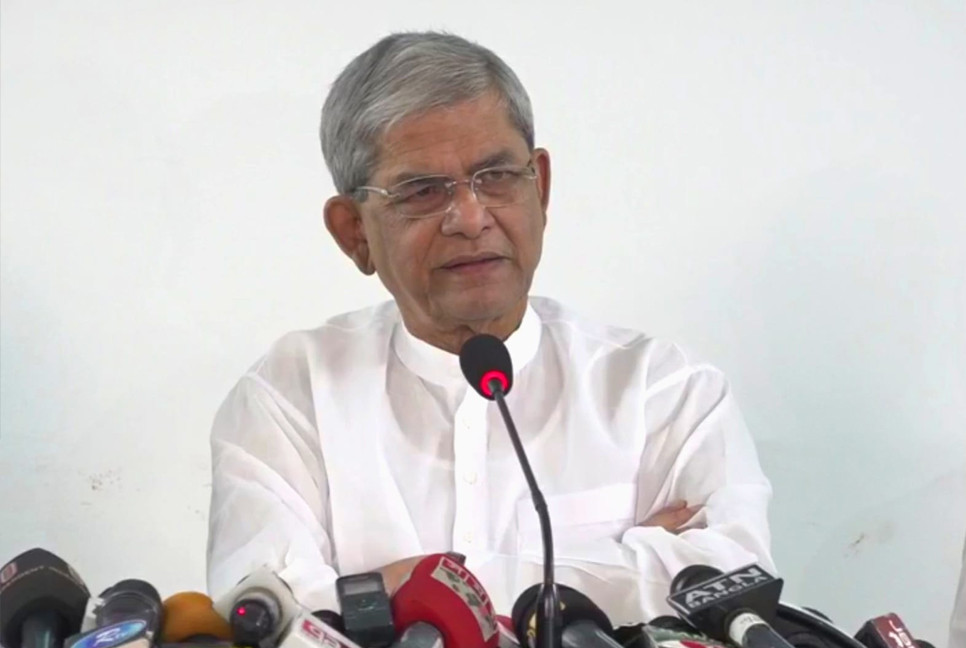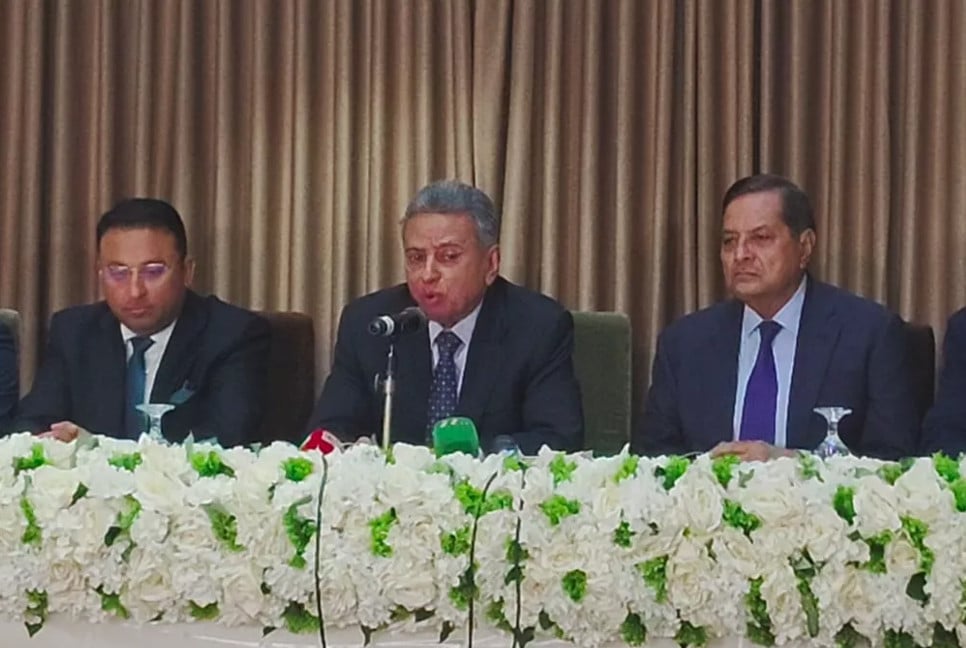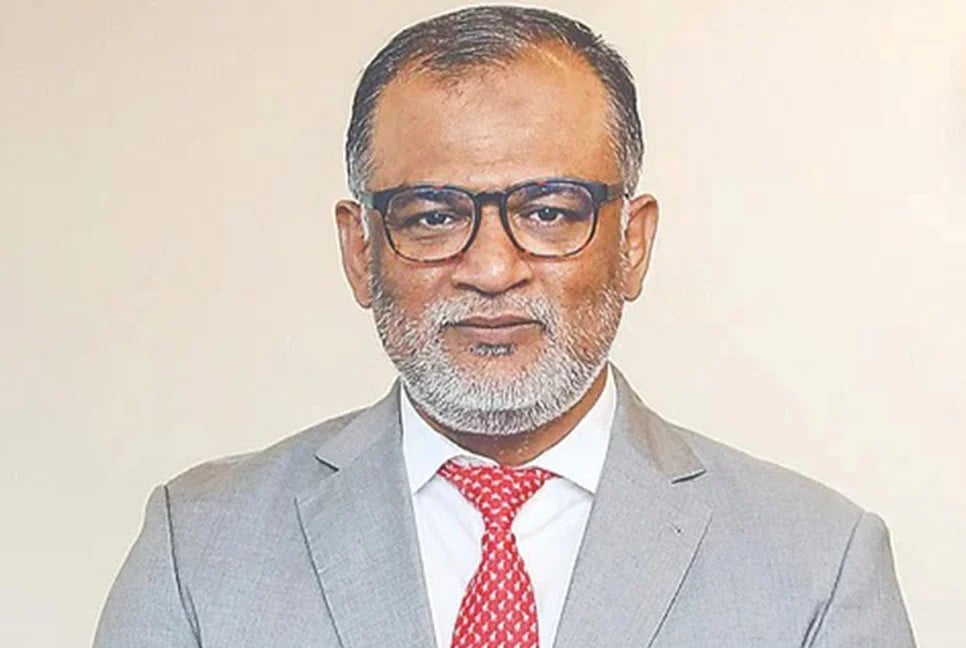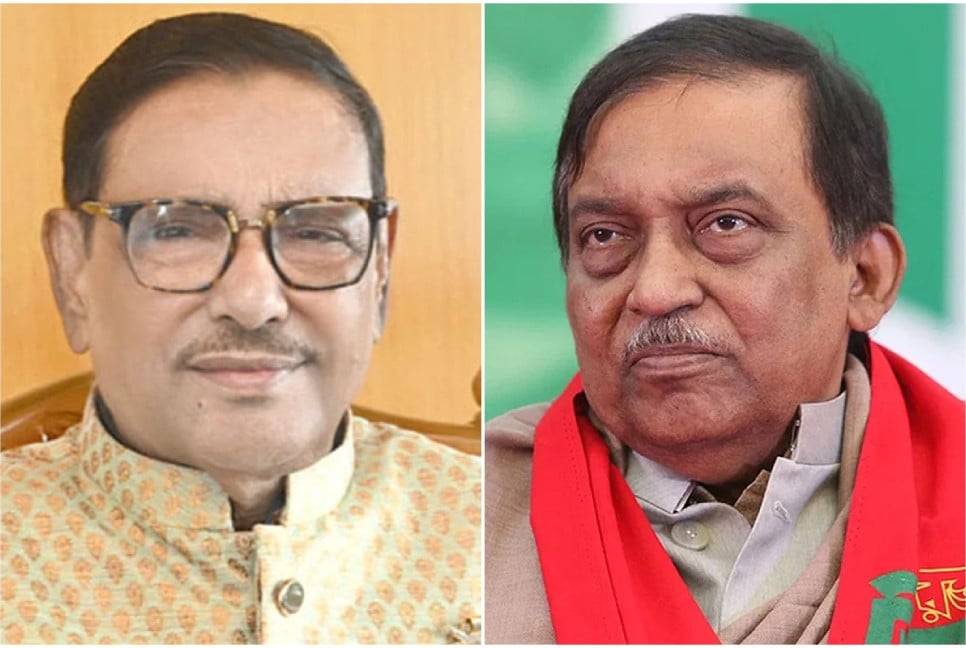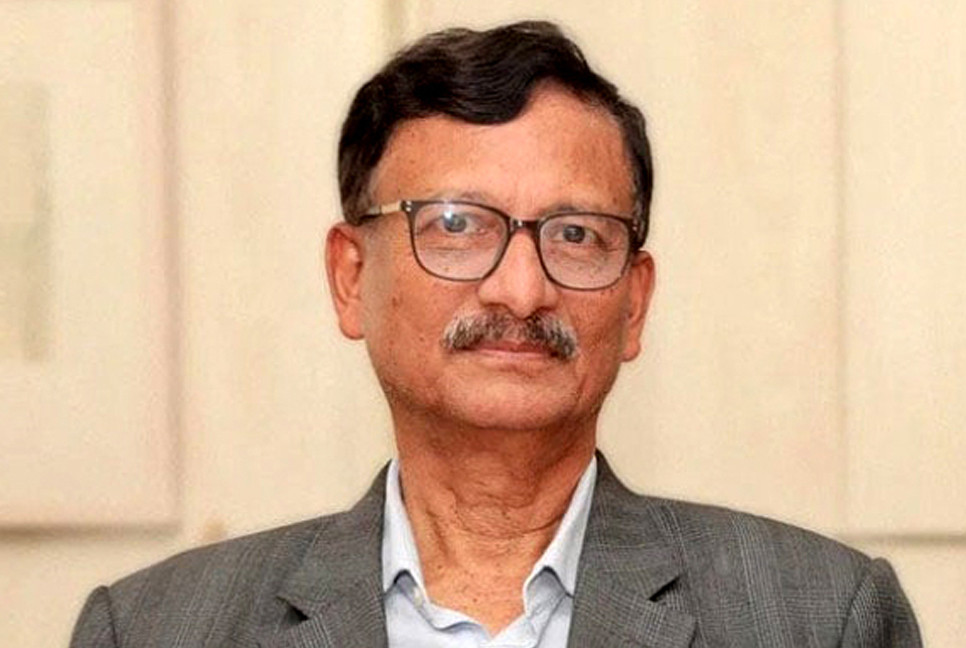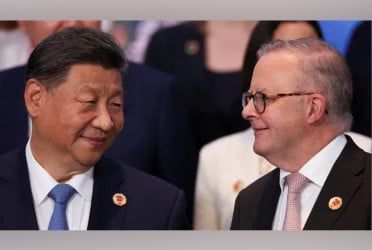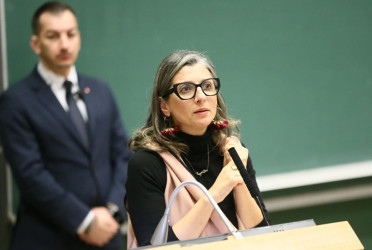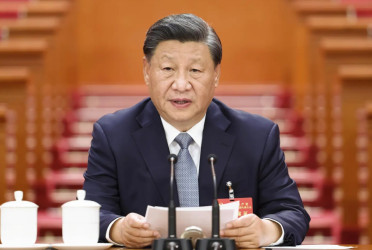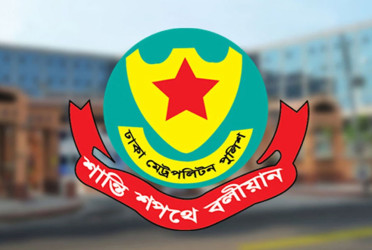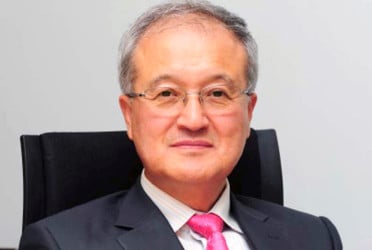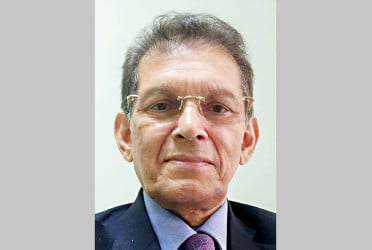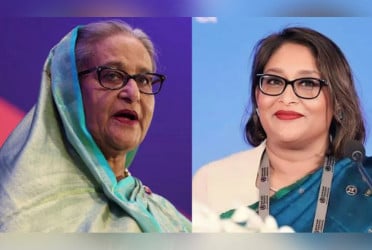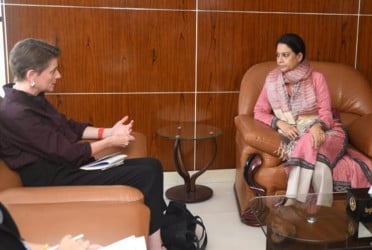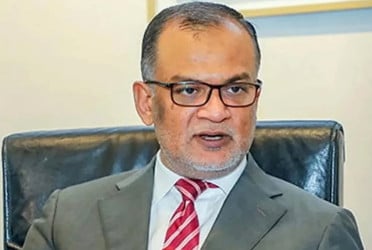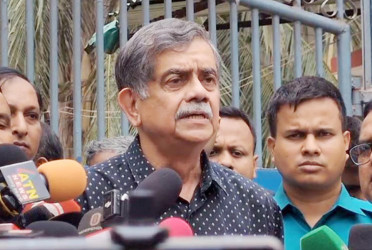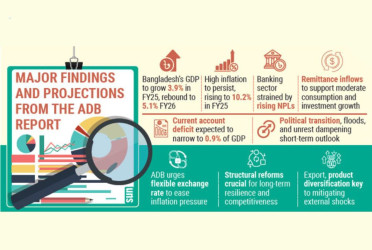The recently concluded three-day conference of deputy commissioners, held from 16 February, has sparked a noticeable shift in the country’s field administration.
As the conference wrapped up, deputy commissioners returned to their respective districts with renewed energy and enthusiasm. Unlike in the past, a sense of confidence and motivation is now evident among them, driving them to act with greater efficiency.
In just a week, their proactive measures – swift decision-making, coordination meetings to improve law and order, and efforts to eliminate bureaucratic stagnation – have already begun yielding results. Such a rapid transformation in field administration following a conference is unprecedented.
An analysis of district administration activities across various regions over the past week shows that they are making prompt decisions. In many areas, they have been holding coordination meetings to improve law and order and working with renewed determination to eliminate administrative stagnation.
The DC Conference stands as a prime example of how a conference can serve as a catalyst for change. The commissioners themselves regard the policymaking speech by Chief Adviser Prof Muhammad Yunus as the greatest source of inspiration from the conference.
They state that, for the first time, the head of government has delivered a speech that genuinely provides them with clear direction.
During the conference, Prof Yunus at the outset expressed dissatisfaction when introduced as the chief guest, saying, “By calling me the chief guest, you have distanced me.”
In his address, he identified the entire administration – from field-level officials to the chief adviser – as a single team. Drawing an analogy with sports, he stated that just as a team cannot perform well if its members do not function properly, an administration cannot be effective without coordination among its members.
For the past 53 years, the nation has seen the administration being exploited for partisan interests. Successive ruling parties used the administration to maintain their grip on power, turning it into a political tool.
As a result, a significant portion of the bureaucracy engaged in sycophancy, prioritising their career advancement and personal ambitions by aligning with the ruling party.
This led to the establishment of an unethical, subservient administration across the country. The message from those in power was clear from the outset: the more loyal an official was to the government, the better their chances of promotion and desirable postings. The inefficiency of such a politically subjugated administration has been evident in recent times. Consequently, we have witnessed a dangerous political bias within the bureaucracy.
Administrative officials have been unable to utilise their intellect, skills, and creativity; instead, they have been forced to execute political agendas. Non-compliance resulted in punitive measures.
A recent example is the 2018 general election, where those who served as returning officers were first made Officers on Special Duty (OSD) and then sent on forced retirement. Officials deemed incompetent or unfit, with over 25 years of service, have been removed.
Some may argue that the administration cannot be blamed, as it is bound to be loyal to the government. After all, what alternative did they have but to follow the directives of the highest authorities in conducting elections?
However, Prof Yunus’s vision of state governance has provided a clear answer to this question. On 16 February, at the conference, he referred to government officials as “employees of the republic”, urging them to rise above fear and perform their duties without succumbing to intimidation. He explicitly instructed them not to be afraid of anyone’s threats.
For the first time, a head of government has laid out a structured framework defining the responsibilities of the administration.
An employee of the republic serves the state, not any particular government or political party. This is the first realisation that administrative officials must embrace. They must act in accordance with the law for the benefit of the people. Conducting “midnight elections” does not fall within their professional obligations – it constitutes a clear breach of their service conditions.
Government officials are accountable to the people, as their salaries are paid with taxpayers’ money. For this reason, deputy commissioners who were assigned as returning officers during the 2018 election should have opposed such malpractice, raised objections, or, at the very least, resigned from their positions. However, they failed to do so due to the deep-rooted political culture within the administration.
Following the 2018 election, the administration essentially transformed into an extension of the ruling political party. It functioned precisely as directed by the party in power. The entire bureaucracy became a subsidiary of the ruling party, where sycophants, corrupt officials, and incompetent individuals were promoted based solely on their loyalty. To break free from this vicious cycle, Bangladesh needed a well-defined roadmap and vision – one that has now been articulated by Prof Muhammad Yunus. This vision marks a milestone for the country’s administration.
If an administrative official internalises from the outset that they are an “employee of the republic”, appointed by the state to act within the framework of the law, and that they are not obligated to carry out unlawful orders, then a clear sense of discipline will prevail within the administration.
Prof Yunus outlined four key directives in his speech, which should serve as a guideline and a mandatory code of conduct for future governments and the country’s administration. If Bangladesh’s administration adheres to this vision, the nation’s governance structure could undergo a profound transformation.
What are the four principles of Prof Muhammad Yunus’s vision?
Firstly, the administration must operate with impartiality and neutrality. Prof Yunus never stated that, since an interim government is in place, the administration must merely follow its directives. Nor did he suggest that officials should praise or flatter the interim government. Instead, he made it unequivocally clear that the administration must function independently and without bias.
In other words, if the administration believes that a government decision is flawed or a directive is incorrect, it should bring the matter to the government’s attention and take the necessary steps to rectify it.
Secondly, Prof Yunus instructed the administration to be more people-friendly. Even after 53 years of independence, a significant gap remains between the public and the administration. Citizens often struggle to receive proper services and frequently face harassment, particularly in areas such as land registration and birth certification.
Recognising these issues, Prof Yunus rightly emphasised the need for a more accessible and service-oriented administration. A truly people-friendly administrator or government official is inherently impartial and neutral. These qualities are interconnected—by being attuned to the needs and aspirations of the public, officials can make informed decisions that serve the greater good. Prof Yunus’ message is clear: an administrator who stays close to the people and actively resolves their issues cannot engage in wrongdoing.
Thirdly, Prof Yunus encouraged administrators to embrace creativity and innovation. Those who enter the civil service are among the most talented individuals, selected through a rigorous examination process. However, many of these bright minds find themselves restricted by bureaucratic procedures, limiting their ability to think innovatively. Instead of being reduced to clerical work, they should be empowered to apply their intelligence and creativity in administrative functions. By fostering innovation, the administration can break free from red tape and operate more efficiently.
In today’s digital age, creative solutions – especially in IT and public service delivery – can expedite decision-making and enhance governance. Prof Yunus’ open call for innovation has already inspired many officials and could serve as a crucial turning point in administrative reform.
Fourthly, Prof Yunus entrusted field administrators with greater autonomy, urging them to take active and independent decisions rather than always seeking approval from higher authorities. For the past 53 years, Bangladesh has operated under a highly centralised administrative structure, where most decisions were controlled by the Secretariat. DCs often had to wait for directives from the Cabinet Division before acting.
However, Prof Yunus called for a departure from this norm, advocating for local problems to be solved at the local level. This approach would not only enable faster decision-making but also enhance the efficiency of field administrators.
Through these four key directives, Prof Yunus has not merely guided the deputy commissioners but set a transformative course for the entire administration. A public servant is ultimately accountable to the people, not to any political party. If administrators adhere to these principles, they will uphold the rule of law and resist political influence.
A truly independent, neutral, and innovative administration is the foundation of good governance. According to field officials, Prof Yunus’ vision could profoundly shape the future of Bangladesh’s administration. Once these principles are fully embraced at higher levels, the country may finally achieve an effective, impartial, and people-centric governance system.
Bd-pratidin English/Tanvir Raihan

